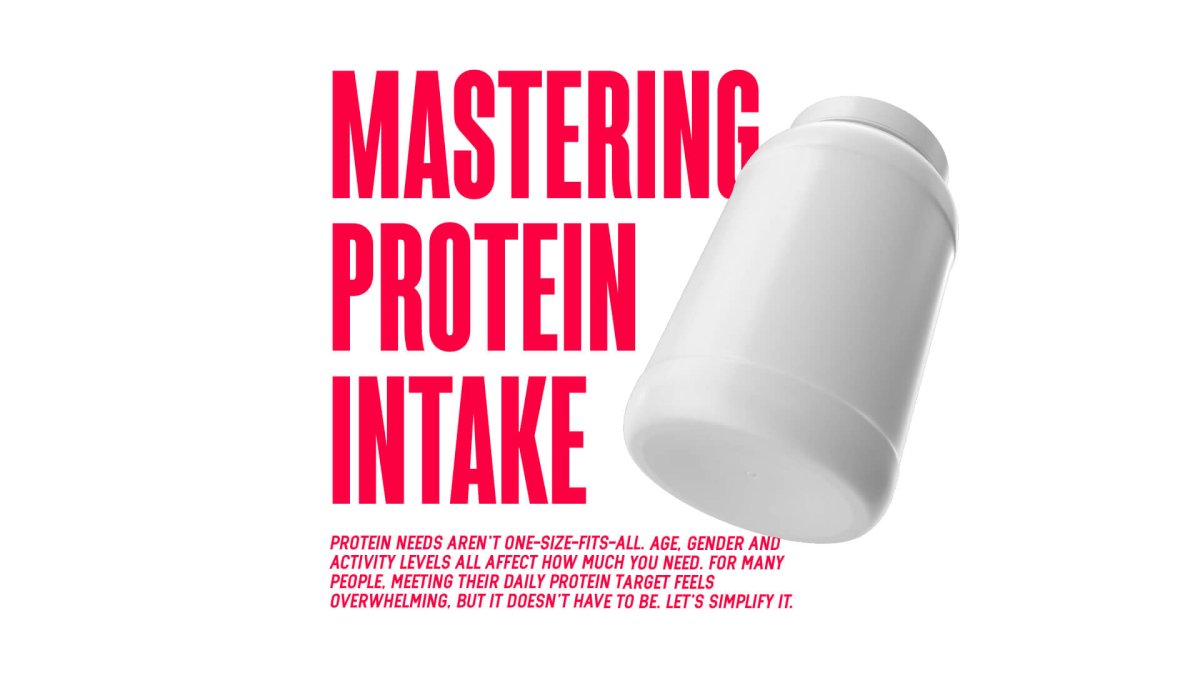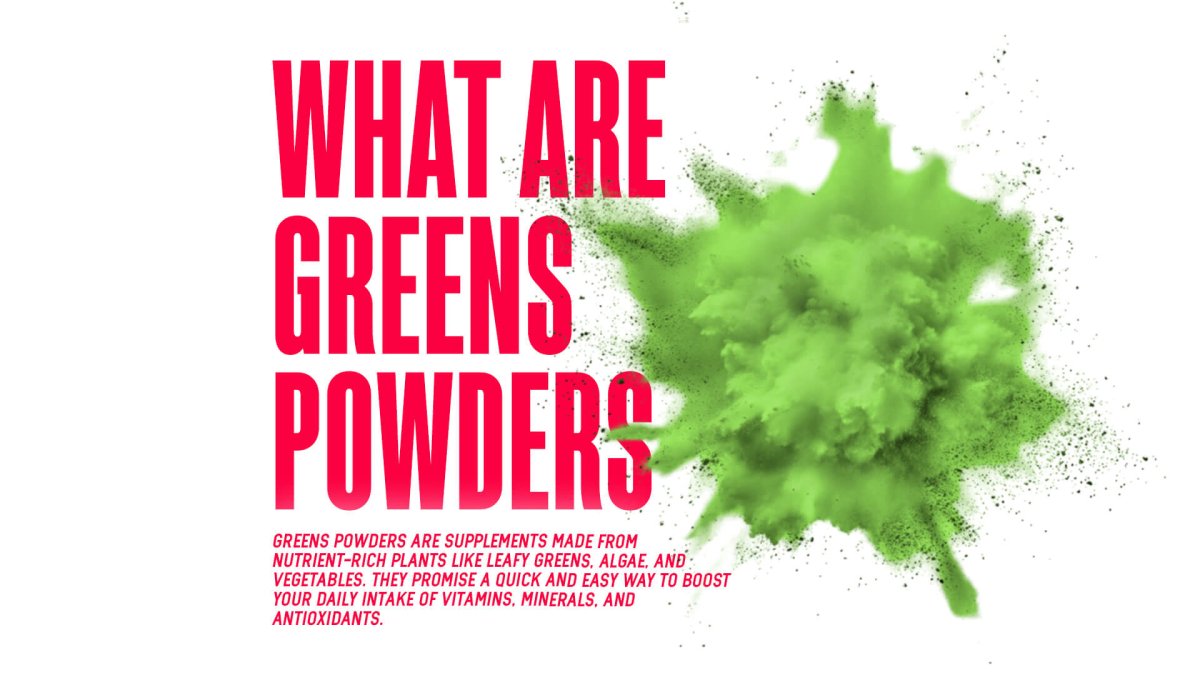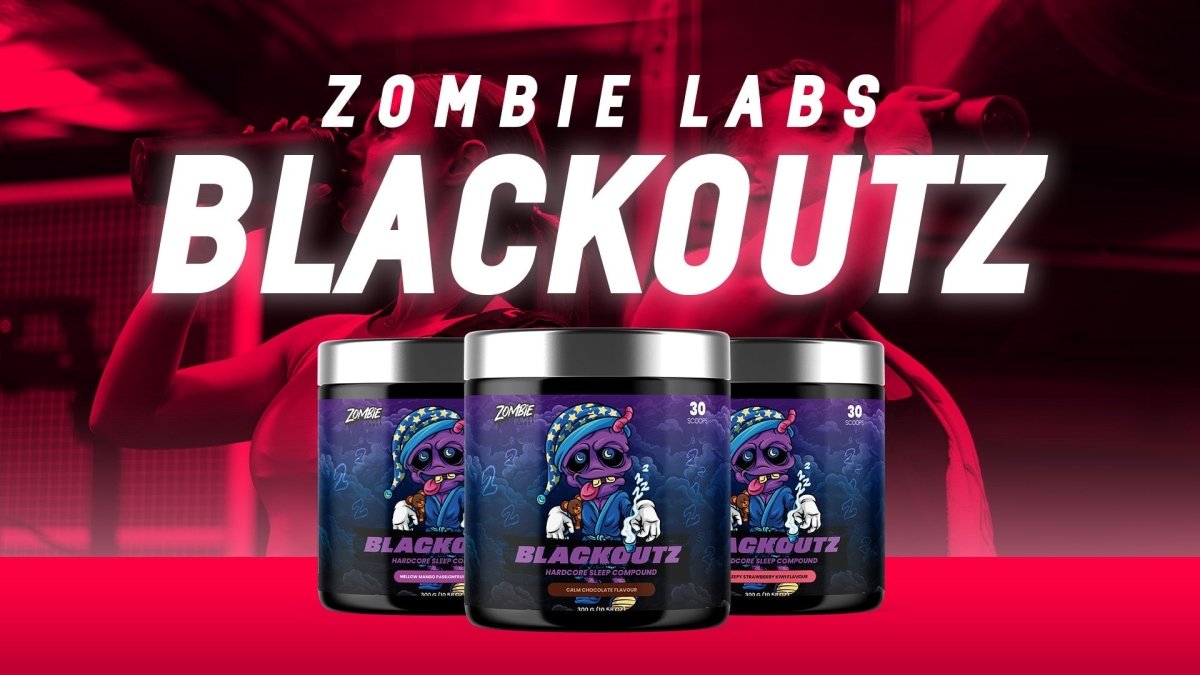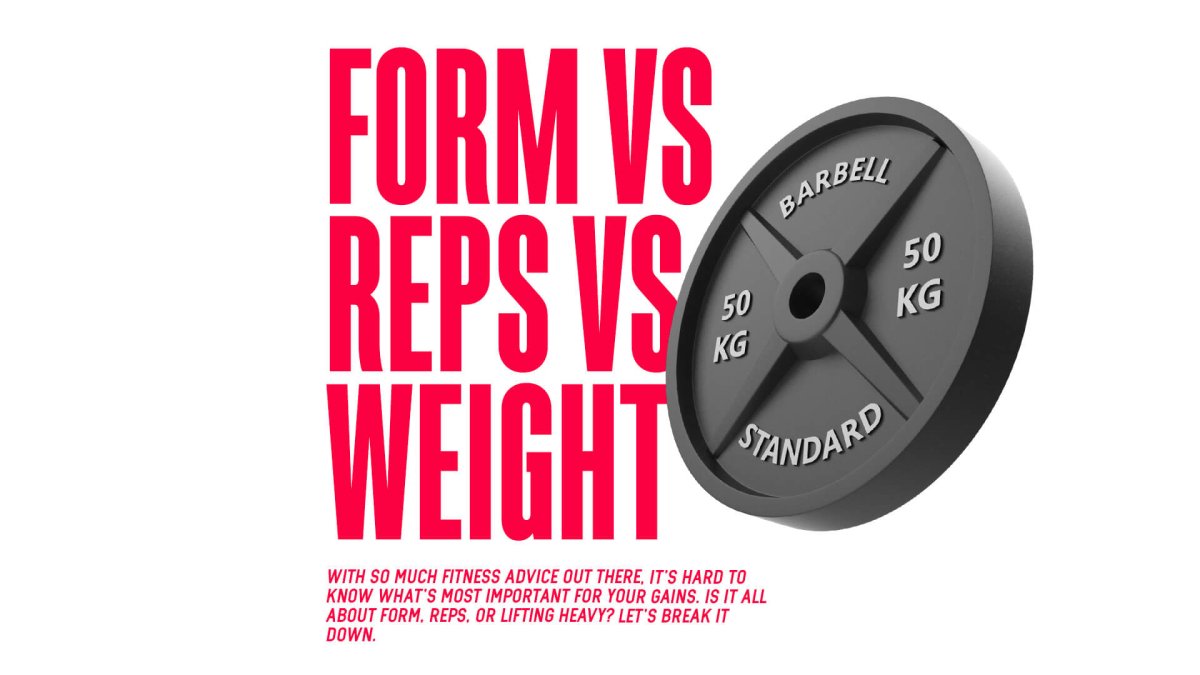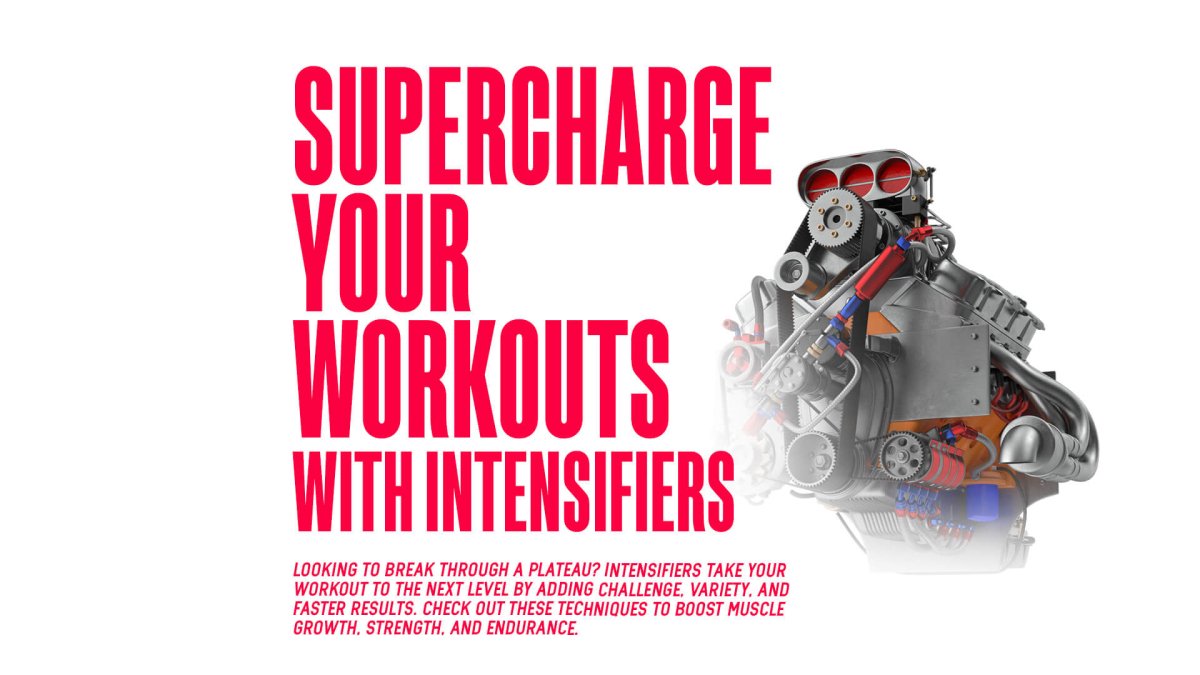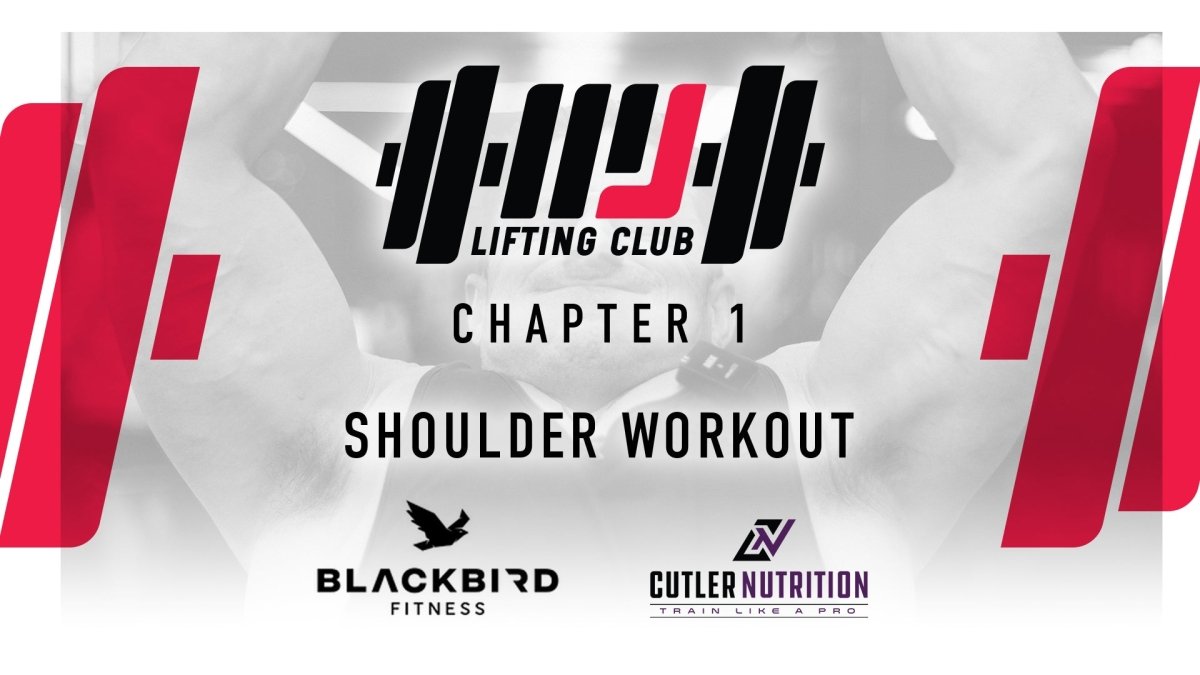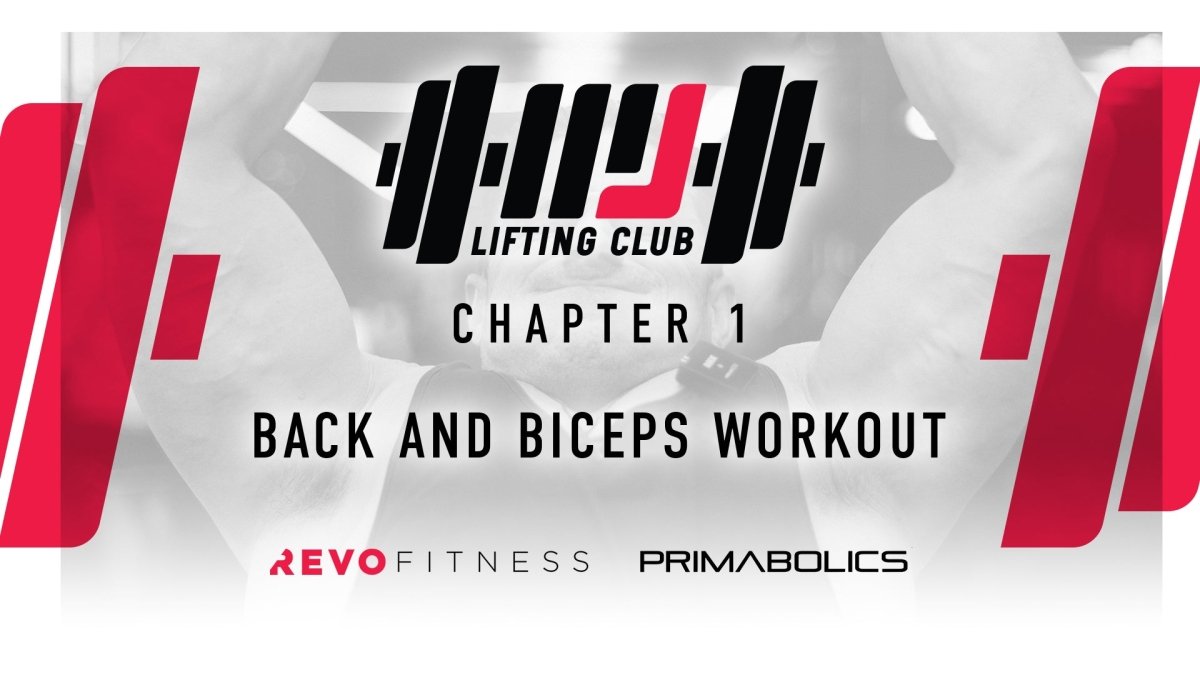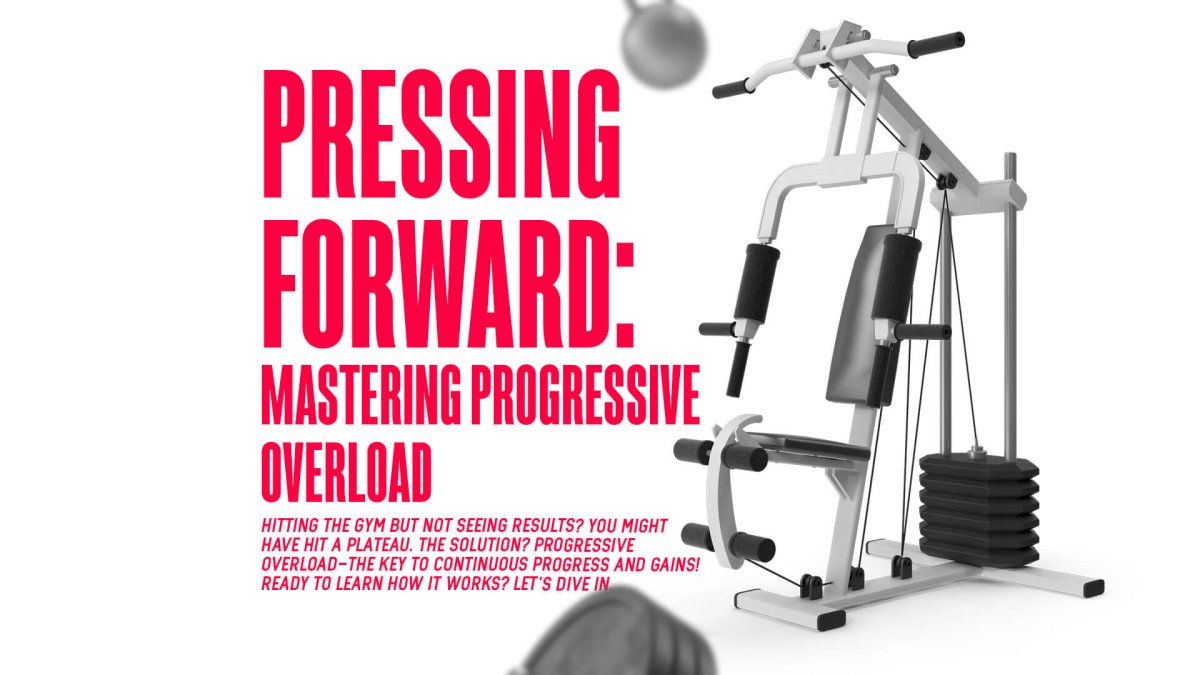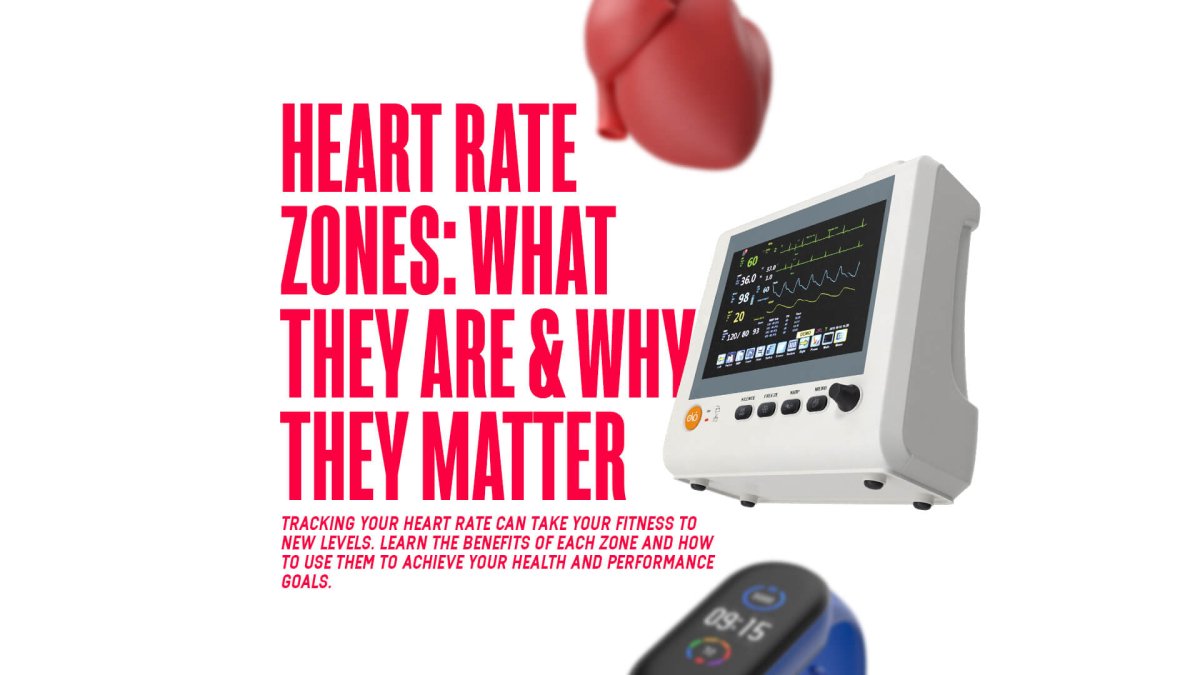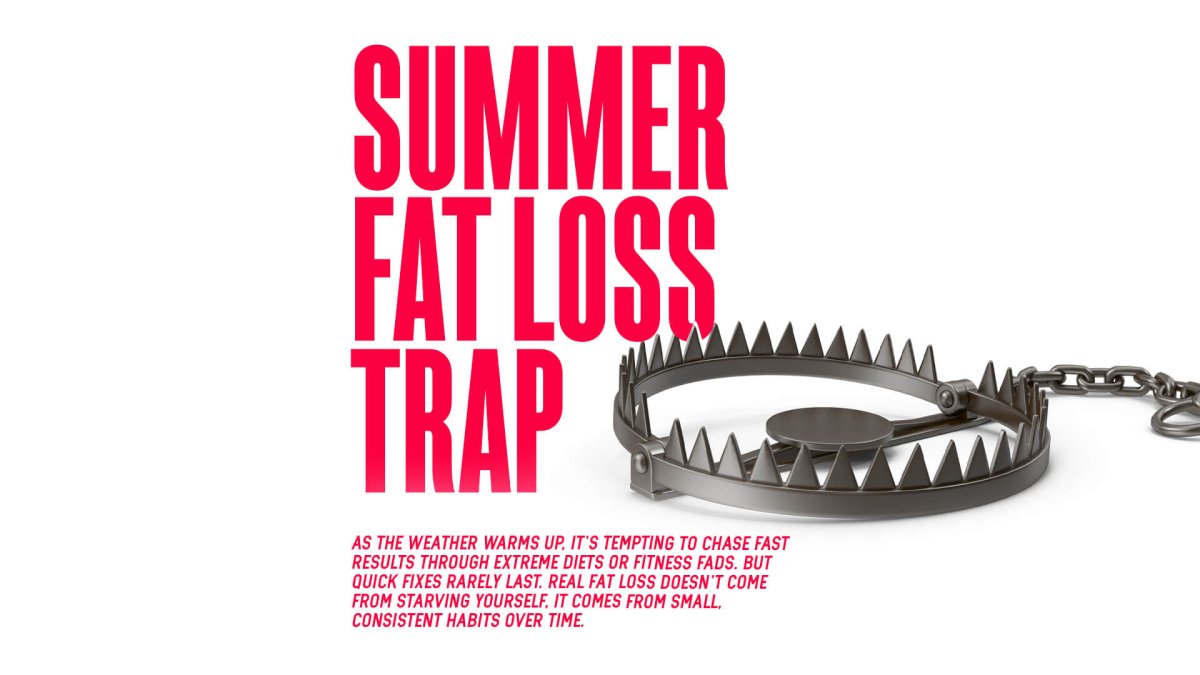by Brandon Verde
Heart Rate Zones: What They Are & Why They Matter
Whether you’re new to training or have been at it for a while, you might have considered tracking your heart rate. Although it's not necessary, tracking your heart rate can be beneficial for various reasons. You might do this for health, such as lowering your resting heart rate, or for performance, ensuring you train in different zones to maximise health and fitness. Some zones offer specific benefits, so you may choose to train in one for fat loss or increasing power output. However, it's important to maintain a balance across all zones and not focus on just one.
How To Find Max HR & Heart Rate Zones
There are several calculations used to determine your max heart rate. A standard method is subtracting your age from 220, or you can use an online calculator. Keep in mind that this doesn’t consider fitness level, health issues, etc., and serves as only a rough guide. Each zone represents a percentage of your max heart rate.
Zone 1: 50-60%
Zone 2: 60-70%
Zone 3: 70-80%
Zone 4: 80-90%
Zone 5: 90-100%
How To Track Your Heart Rate
There are various ways to track your heart rate. By placing your index and middle fingers on the inner side of your wrist or on the side of your neck under the jaw, you can feel your pulse. You can count the beats for one minute, or count for 15 seconds and multiply by four. Sports watches and straps can also track your heart rate continuously during daily activities, exercise, and sleep. These devices may provide more accurate readings and help identify patterns, strengths, and weaknesses. Medical devices like blood pressure monitors or ECGs offer more detailed information but are typically found in medical settings.
What Are The Heart Rate Zones?
Each zone indicates how hard you’re working and serves a particular purpose due to the type of energy used and the duration you can stay in that zone.
Zone 1: Generally used for warming up. You can still talk easily with relatively low energy expenditure.
Zone 2: Talking may become slightly more difficult, but you can still hold a conversation. This zone can be maintained for a long period. Fat is used for fuel, making it ideal for fat loss, although it’s not the most efficient calorie-burner.
Zone 3: Improves aerobic fitness and blood flow. Energy comes from a mix of fat and muscle glycogen. The workout starts to feel more intense, making it great for steady-state cardio.
Zone 4: This zone transitions from aerobic to anaerobic exercise. Your body becomes more efficient at removing lactate as it builds up, using glycogen instead of fat for energy. It’s excellent for maximizing performance and high-intensity muscular endurance.
Zone 5: Typically maintained only for a few seconds. It involves reaching VO2 max, sprinting at maximum speed, and maximum power. You’ll be unable to talk and will be breathing heavily.
Why Train In Each Of The Zones?
It's essential to utilise each heart rate zone to maximise overall health and fitness. If you have specific goals, you might spend more time in certain zones. For example, a sprinter will likely spend more time in Zones 4 and 5, while an endurance athlete will focus on Zones 2 and 3. However, even with specific goals, balancing your time across all zones will yield maximum benefits, such as increased aerobic fitness, improved blood flow, higher lactate threshold, and better muscular endurance and power.
Why Do Cardio If You... Don't?
So, what if you typically skip cardio? Maybe you lift heavy or are trying to gain weight and avoid anything that might hinder those goals. Or perhaps you fit in quick workouts but never make time for cardio. As long as you’re moving, why bother?
Firstly, increased endurance and fitness can help you get through sets with ease. You might have the strength to do 5 sets of 10 squats or 20 walking lunges, but are you getting out of breath or spiking your heart rate, preventing you from performing at your best or even wanting to do them at all? Improving your muscular and cardiovascular endurance can help you work until you hit true muscular failure rather than just fatigue.
Cardio also aids in recovery. A fitter heart recovers to a resting rate faster, and efficient energy usage and lactate threshold improvements help you push hard when needed and rest effectively afterward. This applies to both between sets and post-workout recovery, as your body becomes quicker at recovering from intense bursts and more efficient at post-workout recovery due to improved blood flow and better waste removal. So, even if you don’t plan on running a marathon, sprinting, or biking through hills, cardio can still significantly benefit your workouts and recovery.
How To Implement Cardio Into Your Routine
You can vary your cardio workouts depending on how you feel and how much time you have. A longer workout in zones 2-3 may be great for active recovery and ideal if you have more time. A workout in zones 4-5, like interval training, can be short and sweet if you’re pressed for time.
Below are examples of cardio workouts that should keep you within zones 2-3 and 4-5. Your heart rate zone will also depend on your fitness level and how hard you’re working.
Zone 4-5 Workouts (Interval Training, approx. 10-15 mins):
Stairmaster Interval Training: (10-minute example: warm up at level 8 for 3 mins, L10 for 1 min, L7 for 1 min, L20 sprint for 1 min, L8 for 2 mins, L7 for 1 min, L20 sprint for 1 min)
Stationary Bike Interval Training: (15-minute example: L14 for 5 mins to warm up, L18 for 1 min, L12 sprint for 1 min, L14 for 1 min, repeat x3, L14 moderate-slow pace for another minute to cool down)
Treadmill Interval Training: (example: warm up with a brisk walk, then alternate a jog or sprint with a brisk walk at your choice of interval, i.e., 40/20 sec, 1/1 min, 30/30 sec, then cool down with a moderate walking pace)
Circuit HIIT Workout: (example: create 8-10 exercises with a mix of strength, core, and cardio, and repeat 2-4 times)
Zone 2-3 Workouts (Steady State, approx. 20-30 mins or more):
Incline Walk on the Treadmill: Choose an incline and speed that suits you. It shouldn’t feel like a walk in the park, but it also shouldn’t feel like a difficult hike.
Stationary Bike: Choose a moderate pace to maintain.
Elliptical: Great for injury rehab and low-impact exercise.
Walk, Jog, or Bike Ride Outdoors: Get some fresh air and sunshine while you’re at it! You shouldn’t be completely out of breath, but a conversation shouldn’t hold too easily either.
To fit these into your program, start with one workout in each zone per week. Gradually increase the volume of cardio, but be careful not to overdo it if you already have an intense program. Listen to your body and find where cardio fits best without sacrificing energy and performance. For instance, a longer steady-state cardio session might fit into your weekend when you’re not rushing to work, and interval training with sprints might be better after an upper body workout rather than on leg day. Alternatively, you might find that cardio after leg day helps with recovery and reduces DOMS!
Reminder
Don’t forget to make it fun! There’s nothing worse than dreading your cardio sessions. Sure, sometimes you have to do things you don’t want to do, but if you can make it enjoyable, then why not? Experiment with different workouts. Try a boxing class or vinyasa yoga. Spending half an hour walking on the treadmill might not be your thing, but perhaps you enjoy riding your bike outdoors. Find what you enjoy and can be consistent with.



